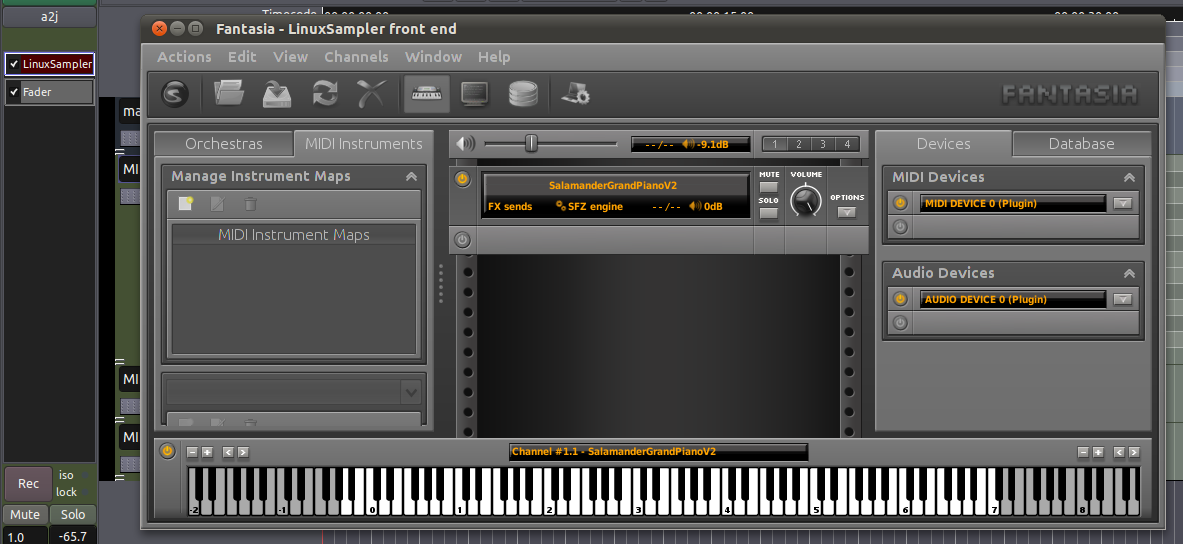
remote: Total 5 (delta 2), reused 0 (delta 0) Unpacking objects: 100% (5/5), done. remote: Compressing objects: 100% (4/4), done. (use "git push" to publish your local commits) nothing to commit, working tree clean ok pull origin remote: Counting objects: 5, done. The output should look like this: commit On branch master Your branch is ahead of 'origin/master' by 1 commit. # copy a large file into the current directory git annex add debian.iso # add the large file to git annex git commit -am "Add Debian iso" # commit the file metadata git annex sync -content # sync the Git repo and large file to the GitLab server Into your Git repository: git clone git annex init 'My Laptop' # initialize the annex project and give an optional description cp ~/tmp/debian.iso. Here is an example workflow of uploading a very large file and then checking it Your Git remotes must be using the SSH protocol, not HTTP(S). Save the files and restart GitLab for the changes to take effect. In config.yml of GitLab Shell add or edit the following lines: git_annex_enabled : true In config/gitlab.yml add or edit the following lines: gitlab_shell : git_annex_enabled : true One is located in config.yml of GitLab Shell. One is located in config/gitlab.yml of the GitLab repository and the other There are 2 settings to enable git-annex on your GitLab server. Save the file and reconfigure GitLab for the changes to take effect.Ĭonfiguration for installations from source In /etc/gitlab/gitlab.rb add the following line: gitlab_shell = true The Omnibus package will internally set the correct options in all locations.
#Checking git annex version install
Git-annex needs to be installed both on the server and the client-side.įor Debian-like systems (for example, Debian and Ubuntu) this can be achieved by running: sudo apt-get update & sudo apt-get install git-annexįor RedHat-like systems (for example, CentOS and RHEL) this can be achieved by running: sudo yum install epel-release & sudo yum install git-annex Configuration for Omnibus packagesįor Omnibus GitLab packages, only one configuration setting is needed. Below you will find theĬonfiguration options required to enable it. Git-annex is disabled by default in GitLab. Need the large binary, you can sync it from the GitLab server over rsync, a You check-in only a symlink that contains the SHA-1 of the large binary. Git-annex allows managing large binaries with Git without checking the This problem is solved in GitLab Enterprise Edition by integrating the Having a complete history, and increases the risk of losing work. This results in using outdated files, not

As a workaround, people keep artwork-in-progress in a Dropbox folder and Videos, photos, audio, compiled binaries, and many other types of files are too Not being able to version control large binaries is a big problem for many Although GitLab has no limit (some repositories in GitLabĪre over 50GB!), we subscribe to the advice to keep repositories as small as The general recommendation is to not have Git repositories larger than 1GB to The biggest limitation of Git, compared to some older centralized versionĬontrol systems has been the maximum size of the repositories.

Read through the migration guide from git-annex to Git LFS.


 0 kommentar(er)
0 kommentar(er)
